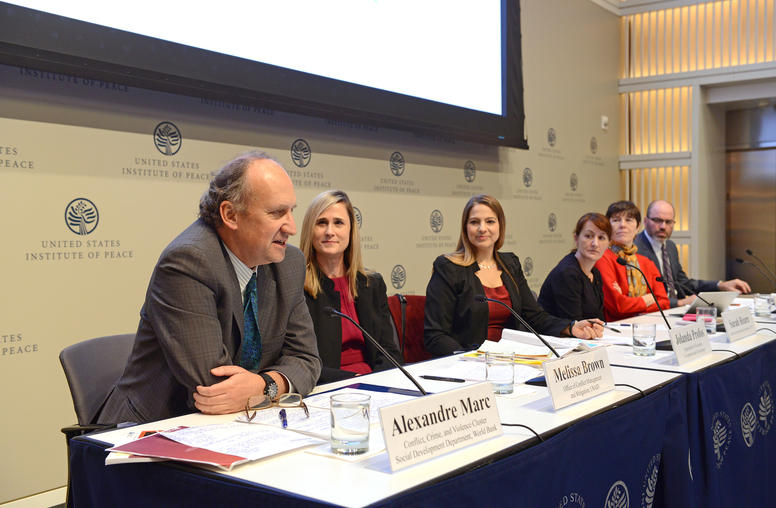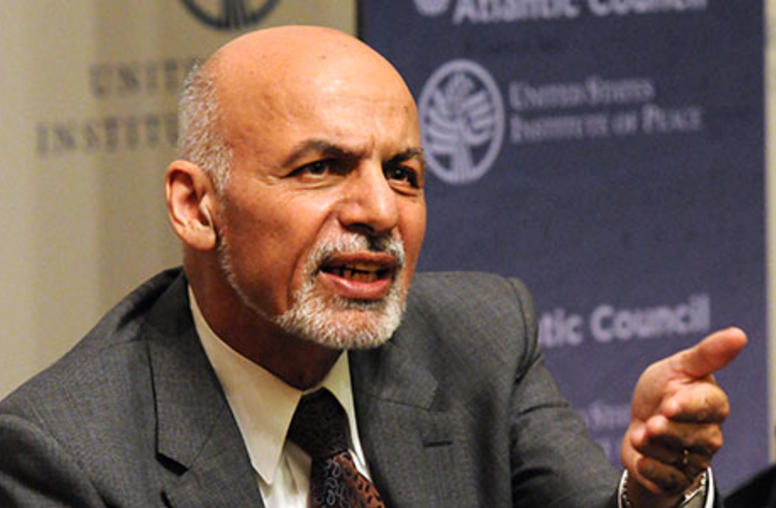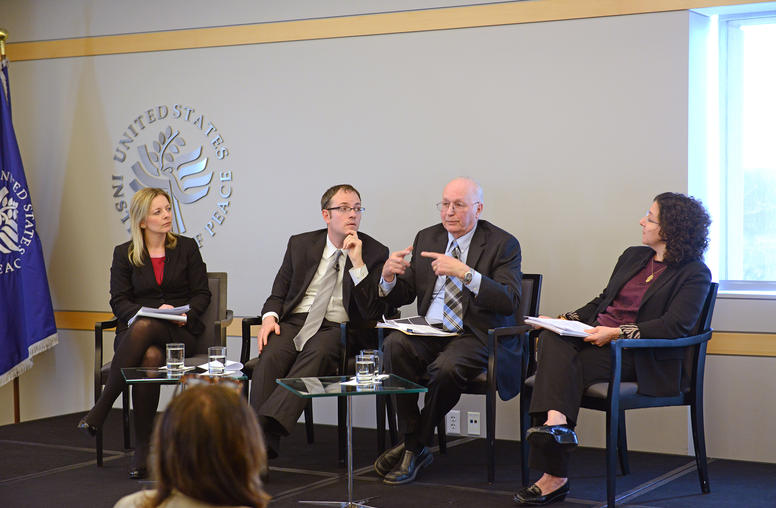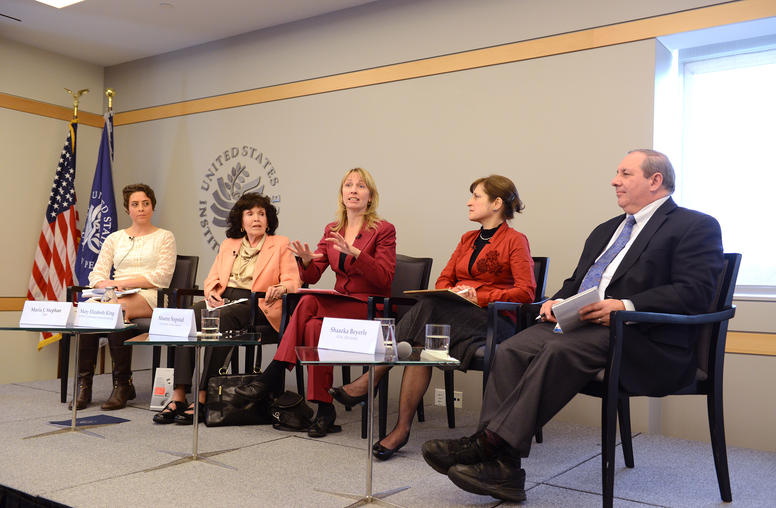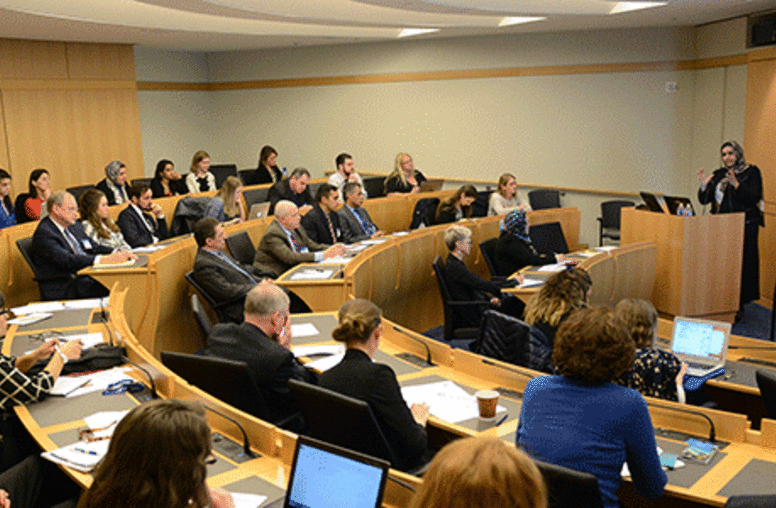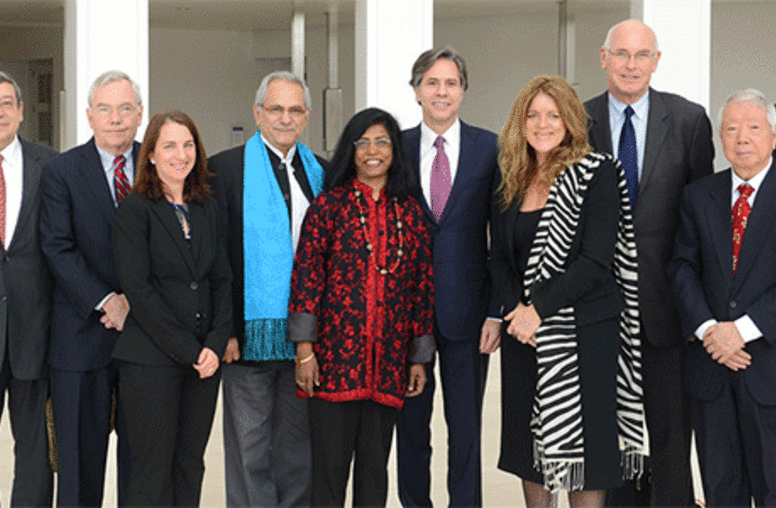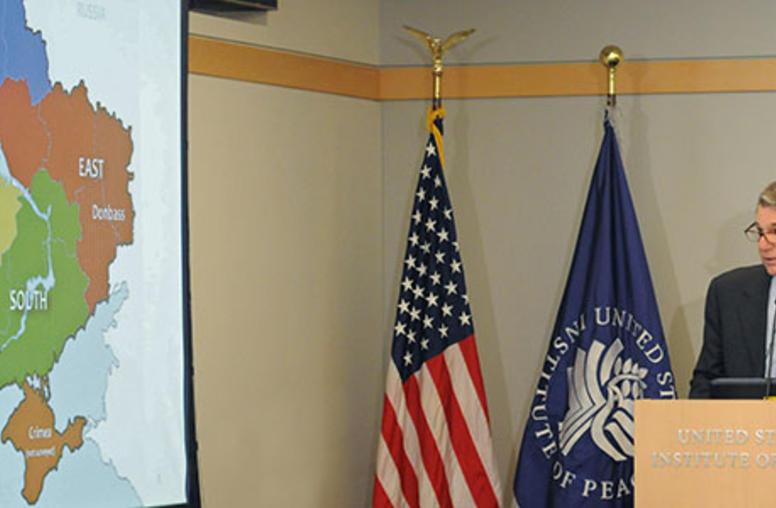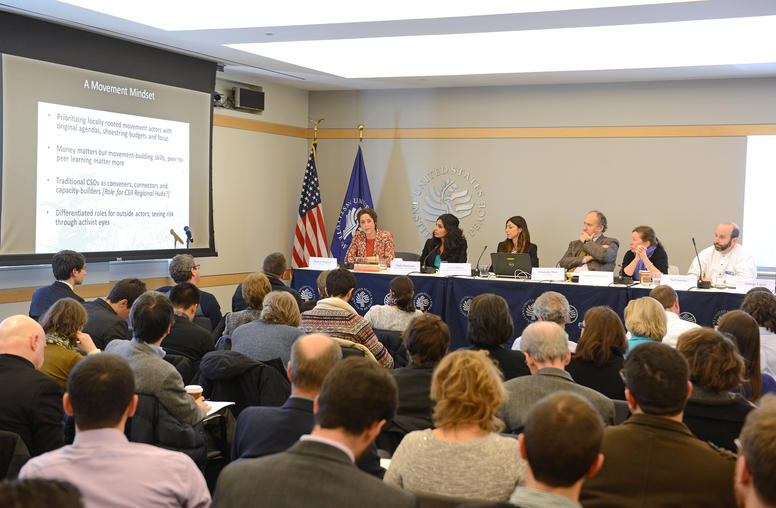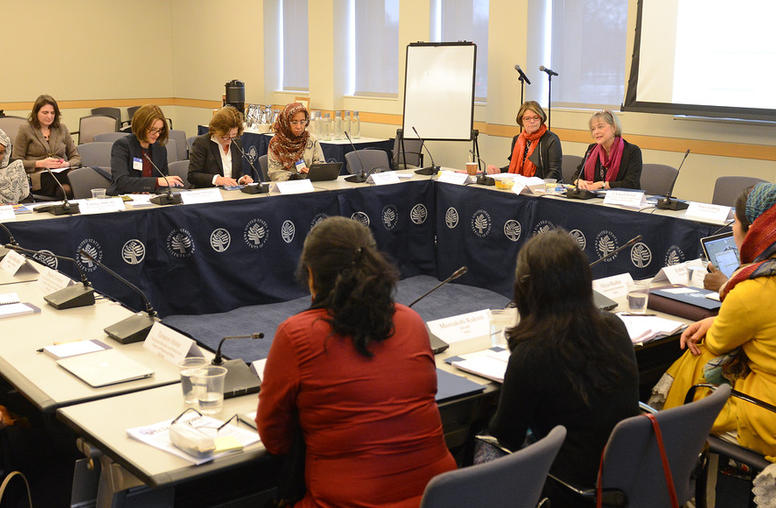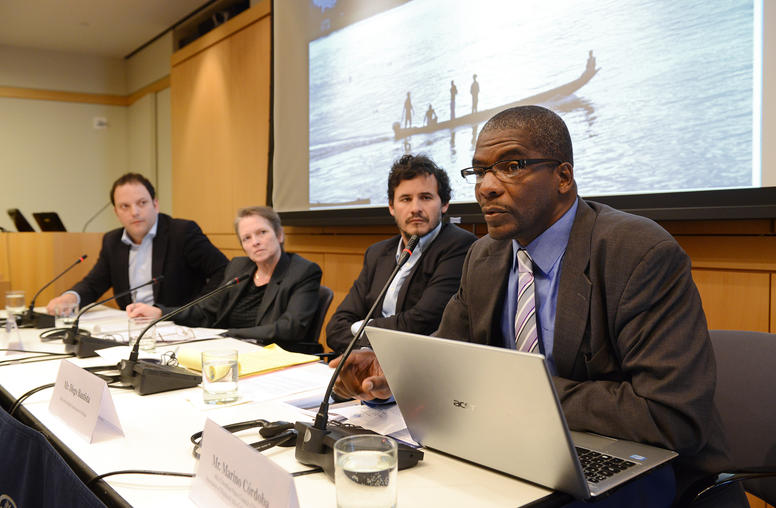
Colombia: Peace from the Regions
Amid Colombia’s half-century of armed conflict, with peace talks progressing, the government’s High Commissioner of Peace, Sergio Jaramillo, has called for building “paz territorial,” or “peace from the ground up.” This idea is meant to engage regional institutions, local authorities and diverse social sectors and communities in translating an eventual peace accord into practice. But much is still to be defined. Who will lead and organize the process? How is it to be supported logistically? On March 27, 2015, the U.S. Institute of Peace hosted a session of the Colombia Peace Forum to explore these and other questions with a panel of experts.
